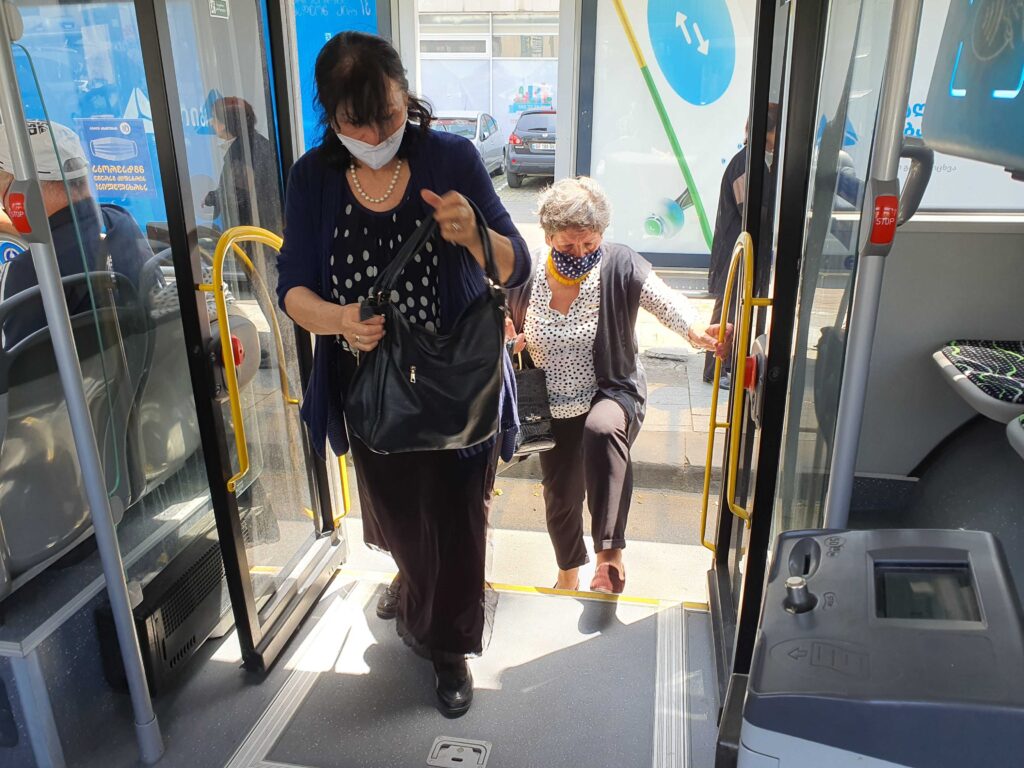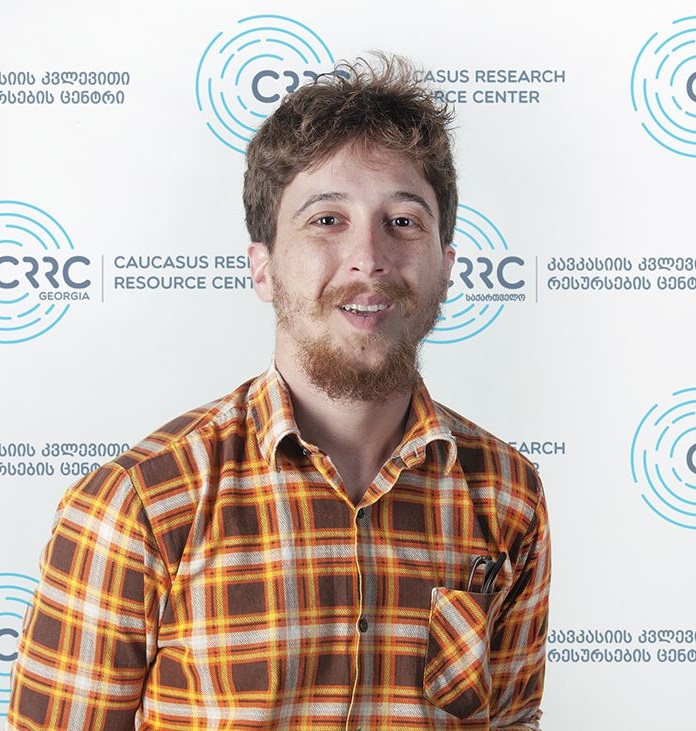While the majority of Georgians believe that vaccines are a net positive for society, a majority also express skepticism about their safety and effectiveness with only 42% interested in receiving an COVID-19 vaccine if it became available.
Many experts believe that to fully remove the restrictions which have emerged because of the COVID-19 crisis, a vaccine is needed. While vaccines are only expected in the medium term, if and when they are available, Georgia may face large challenges with implementing a large scale vaccination program.
Rather than money or logistics being the primary barriers to vaccination, misinformation might be. In other contexts, anti-vaccine sentiment has led to the re-emergence of diseases that had long been under control. The newly released COVID-19 Monitor data, which CRRC Georgia collected with the support of the Embassy of the Netherlands in Tbilisi, suggests that large shares of the public are misinformed about vaccines. Furthermore, the more negative or uncertain people’s attitudes are towards vaccines, the lower is their chances of wanting to be vaccinated if a COVID-19 vaccine was available.
The survey asked respondents a set of 11 questions about vaccines ranging from whether vaccines cause autism to if vaccines are effective at preventing the diseases they are supposed to. The results suggest there are high levels of uncertainty and misinformation about vaccines in Georgia.
One in five people (19%) agree with the statement that vaccines cause autism. A further 52% are uncertain.
One in five people (21%) believe that infant immune systems cannot handle as many vaccines as doctors give them. Another third (35%) are uncertain.
One in five (21%) also believe that if they vaccinate their child, it may create serious problems and a quarter (24%) are uncertain.
Although less than half the public believe these factually inaccurate statements, the shares are relatively high. For example, in the United States, anti-vaccination sentiment is considered both a public health and security risk. Yet, in the US, half as many people (10%) believe that vaccines cause autism and a slightly lower share (46%) were uncertain, according to a January 2020 Gallup survey.
Public sentiment is not entirely negative. Most people (74%) think that vaccines are necessary to protect the health of young people and that they do a good job at preventing the diseases they are intended to prevent (72%).
However, most people express at least some scepticism or uncertainty towards vaccines. The chart below presents an index of attitudes towards vaccines. Respondents were given 1 point if they reported a pro-vaccine attitude and 0 points if they expressed either uncertainty or a negative attitude towards vaccines. Roughly equal shares of the public have attitudes that tend to be more positive than negative/uncertain and more negative/uncertain than positive.
Attitudes towards vaccines are reflected in people’s interest in getting a vaccine. If a vaccine was available six months from now 42% would be interested in getting it, 43% would not want the vaccine, and the remainder were either uncertain or refused to answer the question.
Those that did not want to get the vaccine reported they would not want the vaccine most frequently, because it would not be tested thoroughly enough (40%).
However, data collected a week later suggest that similar shares would want (38%) and not want (43%) the vaccine if it was available two years from now rather than six months, when presumably the vaccine would be better tested.
Aside from the lack of testing, scepticism towards vaccines in a variety of forms was also frequently mentioned among those that did not want to get a vaccine. One in seven (14%) reported vaccines cause larger health problems for those who take them, and one in nine (11%) reported that vaccines are not effective at treating disease.
Note: The data on the above chart do not sum to 100 as respondents were allowed to name more than one response.
There is a strong correlation between people’s attitudes towards vaccines and whether or not they would want to get a vaccine if one was available six months from now. The chart below shows the adjusted probability of wanting a vaccine if one were available by the attitude index shown above. Controlling for age, educational attainment, settlement type, and whether or not there were children in the respondent’s household, the results suggest that people who have entirely uncertain or negative attitudes have a 10% chance of wanting a vaccine. By comparison, a person with fully positive attitudes has an 87% chance of wanting a vaccine.
Controlling for attitudes towards vaccines, a number of other factors are associated with whether or not someone would want a vaccine if one were available. Women are 25 percentage points less likely than men to want a vaccine, all else equal. People in Tbilisi are 11 percentage points less likely to want a vaccine than people in other urban areas and 13 percentage points less likely than people in rural areas.
The above data clearly shows that Georgia has a vaccine misinformation problem. This matters for both public health in general as well as for the eventual defeat of COVID-19.
This article was written by Dustin Gilbreath, Deputy Research Director at CRRC Georgia. The views presented in the article are the views of the author alone and do not represent the views of the Embassy of the Netherlands, CRRC Georgia, or any related entity.




 27 July 2020
27 July 2020





